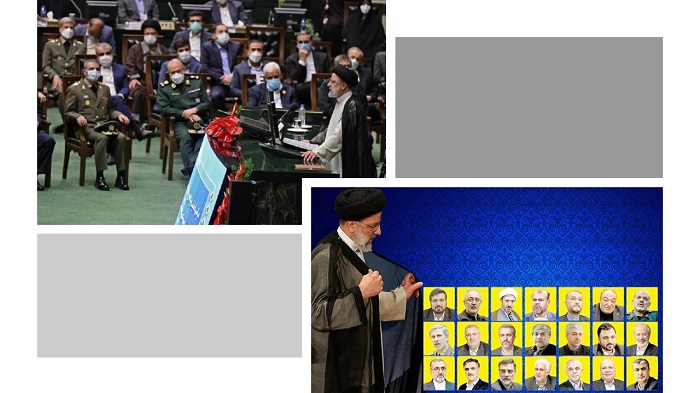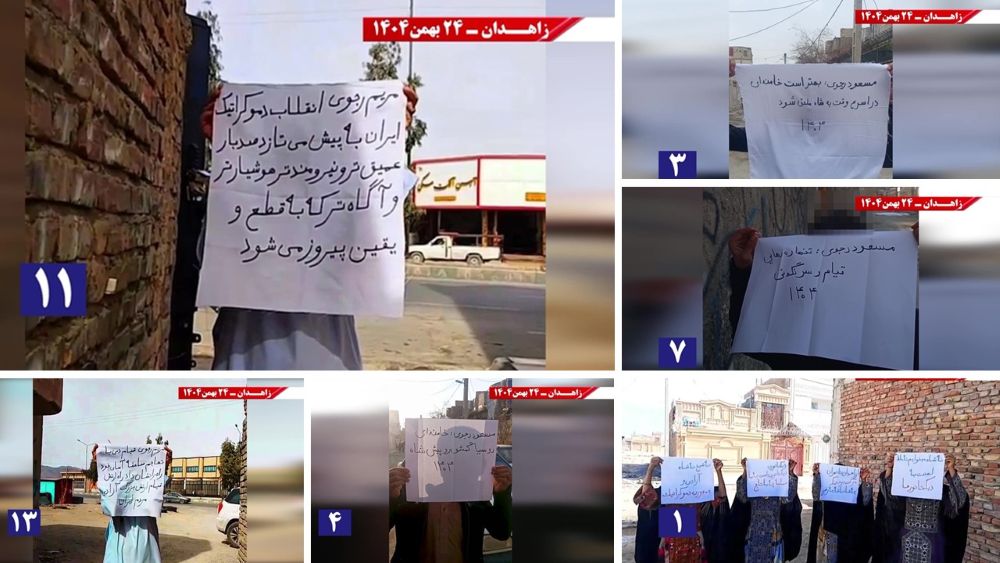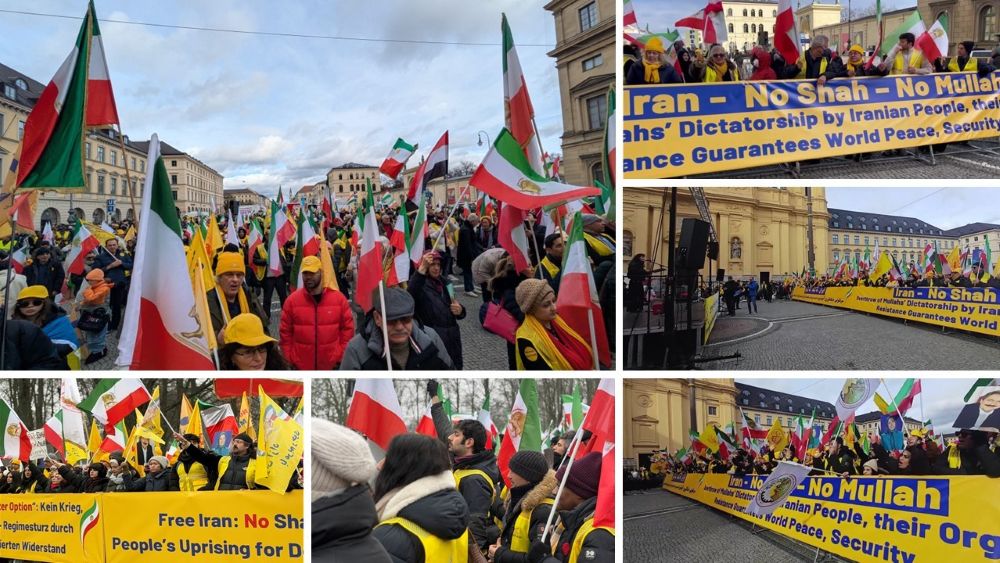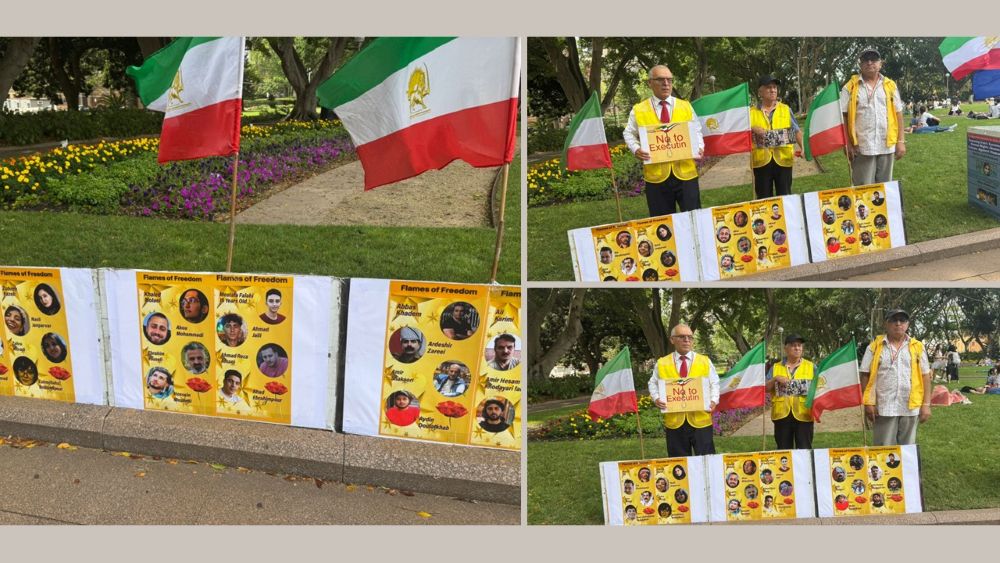
With the current administration of Iranian regime president Ebrahim Raisi featuring a number of officials known for their penchant for crimes against humanity, and with the acceleration of widespread suppression and terrorism activities, it is clear that the regime is growing increasingly concerned over the level of social unrest in Iran.
In fact, the regime’s Supreme leader Ali Khamenei handpicked Raisi for the president role, and approved his chosen cabinet members purely, so he could consolidate power to protect the already fragile dictatorship. A large majority of the officials in Raisi’s cabinet are some of the most senior former commanders of the Islamic Revolutionary Guard Corps (IRGC), the regime’s brutal security force.
Iran: Raisi’s Cabinet, A Group Of Assassins, Terrorists, And Thieves
— NCRI-FAC (@iran_policy) August 13, 2021
Handpicked from Khamenei’s office, IRGC, Quds Force, Judiciary, and Astan-e Quds conglomerate#Iran #ProsecuteRaisiNOW
https://t.co/DYVxfEDI5l
Dr. Ali Safavi in his article in the National Council of Resistance of Iran (NCRI) website wrote, “Indeed, nothing says the regime is panicking more than the fact that the majority of the 19 installed ministers, almost two-thirds, are IRGC veterans. All key portfolios have been assigned to such individuals, revealing the mullahs’ security-conscious mindset.”
Raisi’s administration features the following people: Foreign Minister Hossein Amir-Abdollahian, formerly close to terrorist Quds Force commander Qassem Soleimani; former Quds Force commanders, Interior Minister Ahmad Vahidi and Roads and Housing Minister Rostam Ghassemi; former IRGC intelligence official, Intelligence Minister Esmail Khatib; former senior IRGC commanders, Culture Minister Brig. Gen. Ezatollah Zarghami and Defense Minister Brig. Gen. Mohammad Reza Ashtiani. The ministries of Science, Health, Communications and Justice are also headed by former IRGC officials.
Even deputy positions and non-ministry roles are held by former IRGC officials. Major. Gen. Mohsen Rezaei is pitched to become Raisi’s deputy for Economic Affairs, while Massoud Mir Kazemi is the current head of the budget management office. IRGC officials have even migrated into further roles outside the administration, such as being implemented as governors of varying provinces across Iran, notably in the more restive provinces of Boushehr, Hormozgan, Eastern Azerbaijan and Khorasan Razavi.
Dr. Safavi wrote, “All this explains why an unprecedented number of Raisi’s cabinet members, including Raisi himself and at least 12 others, are sanctioned by either the US, the EU, or the UN, or in some cases a combination of all three.”
Eight members of Raisi’s cabinet are currently on the sanction lists in the United States due to either involvement in terrorism activities, their human rights violations or being involved with Iran’s nuclear program. Vahidi and Rezaei, both IRGC veterans, also feature on Interpol’s most-wanted terrorists lists. Even the IRGC themselves have been designated as a Foreign Terrorist Organization by the US.
The sheer amount of senior IRGC veterans taking top roles within the regime goes to show just how deeply concerned the regime is about the threat of future uprisings, considering the depth of the worsening socio-economic crises in Iran, and the increasing restiveness of Iranian society.
Ali Safavi wrote, “The regime’s antagonistic posture should be matched by a firm and resolute policy on the part of Europe and the United States. Otherwise, the theocracy will sense weakness and feel more emboldened to implement its increasingly desperate agenda.”



